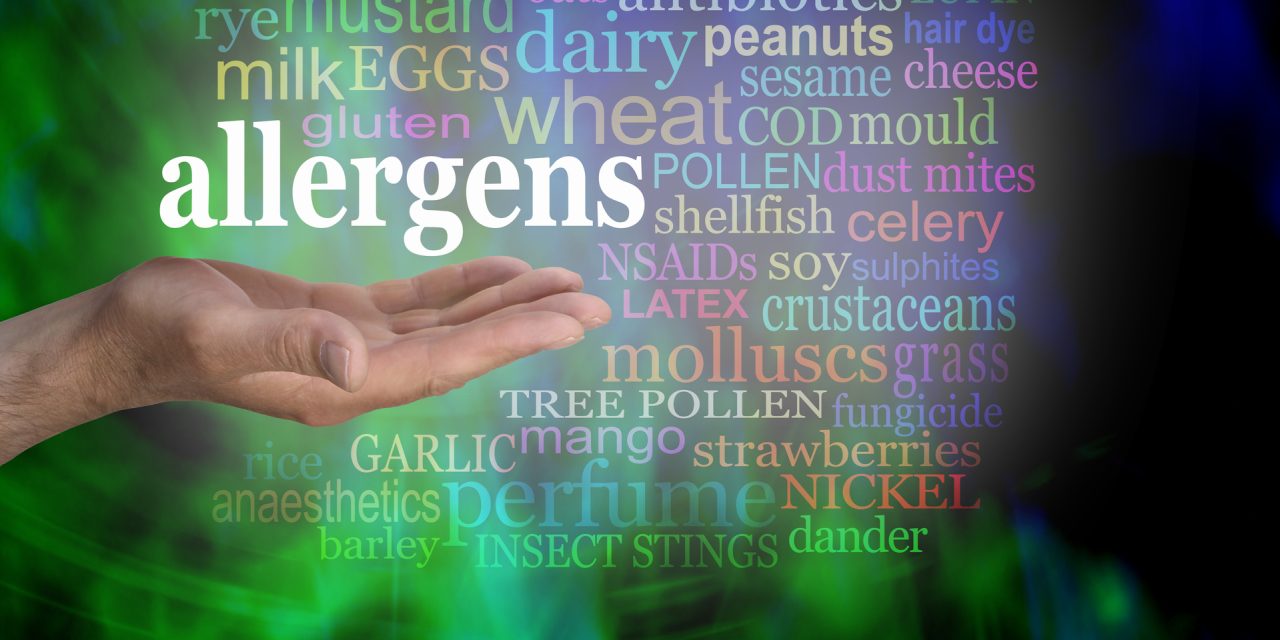There is an evolving body of literature that links chemicals commonly found in personal care products (PCPs) to an increased risk of both developing asthma and worsening existing asthma. Phthalates, parabens, environmental phenols, such as triclosan and bisphenol A (BPA), and other endocrine disrupting compounds (EDCs) have been implicated in asthma and related allergic conditions in epidemiological studies. Because Black individuals have increased exposure to these chemicals through hair care products and feminine hygiene products, disproportionate exposure to these chemicals through PCPs could contribute, in part, to the disproportionate asthma prevalence and morbidity among the US Black population. Increased exposure to these chemicals among Black individuals is explained, in part, by more frequent use of hair care products that can contain higher concentrations of these chemicals and greater use of feminine hygiene products, which are also sources of exposure to these chemicals. Epidemiologic evidence using urinary biomarkers of exposure demonstrates associations between PCPs and exposure to these chemicals and that the US Black population has greater exposure to these chemicals compared with the non-Black population. Should chemical exposures through PCPs contribute to the excess burden of asthma among the US Black population, reducing these exposures would reduce this disparity.Copyright © 2021. Published by Elsevier Inc.
Chemical exposures via personal care products and the disproportionate asthma burden among the US Black population.


